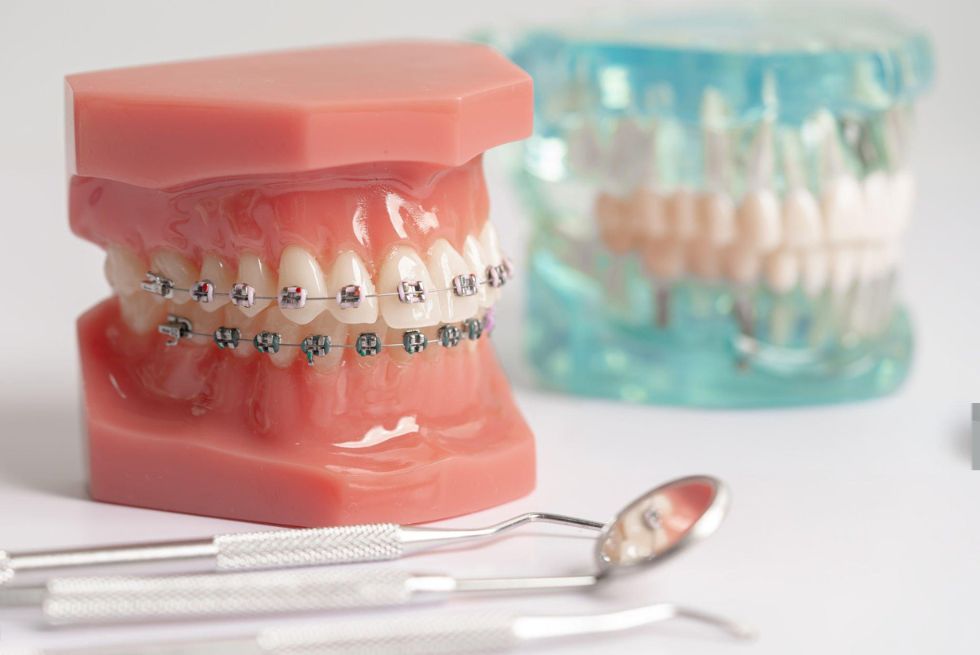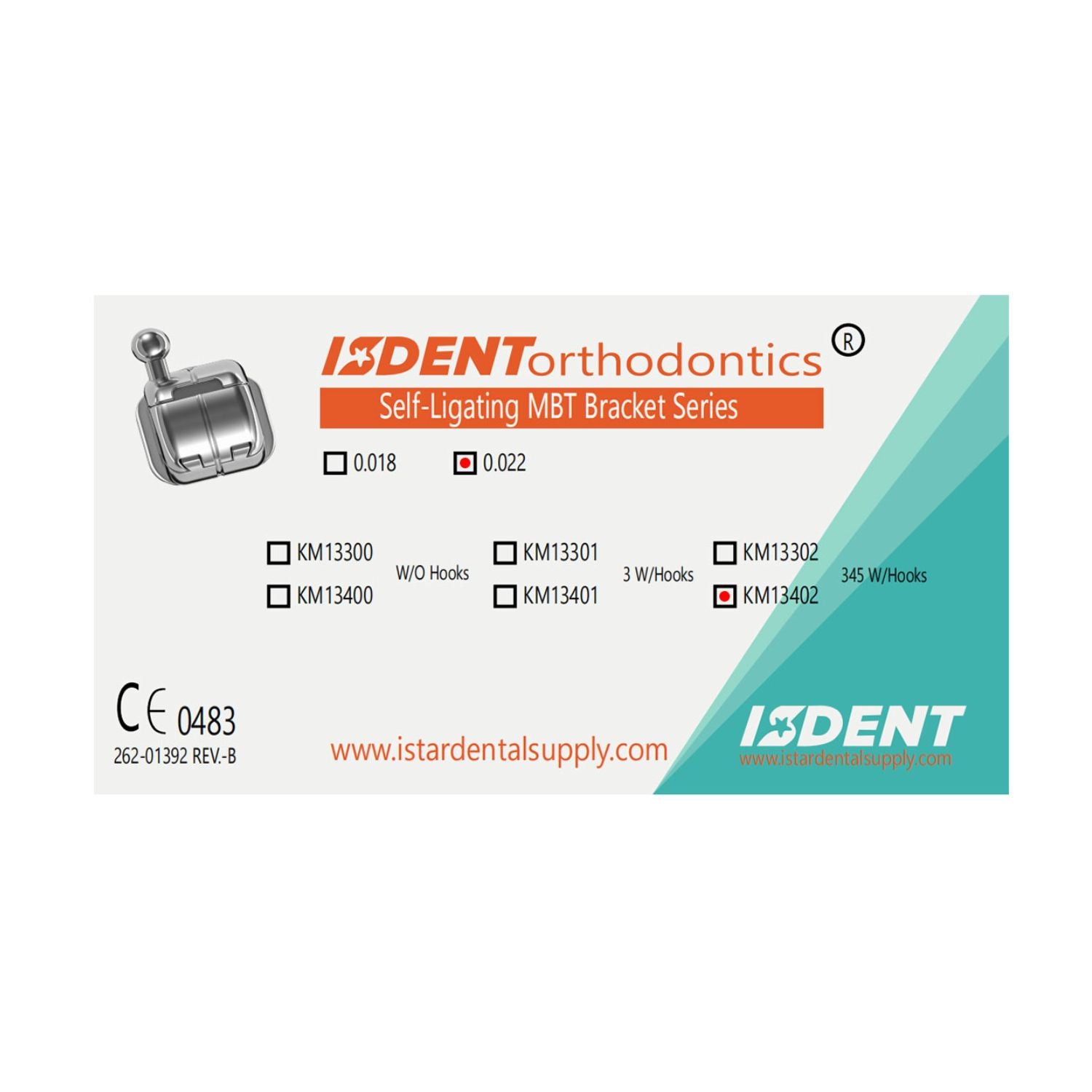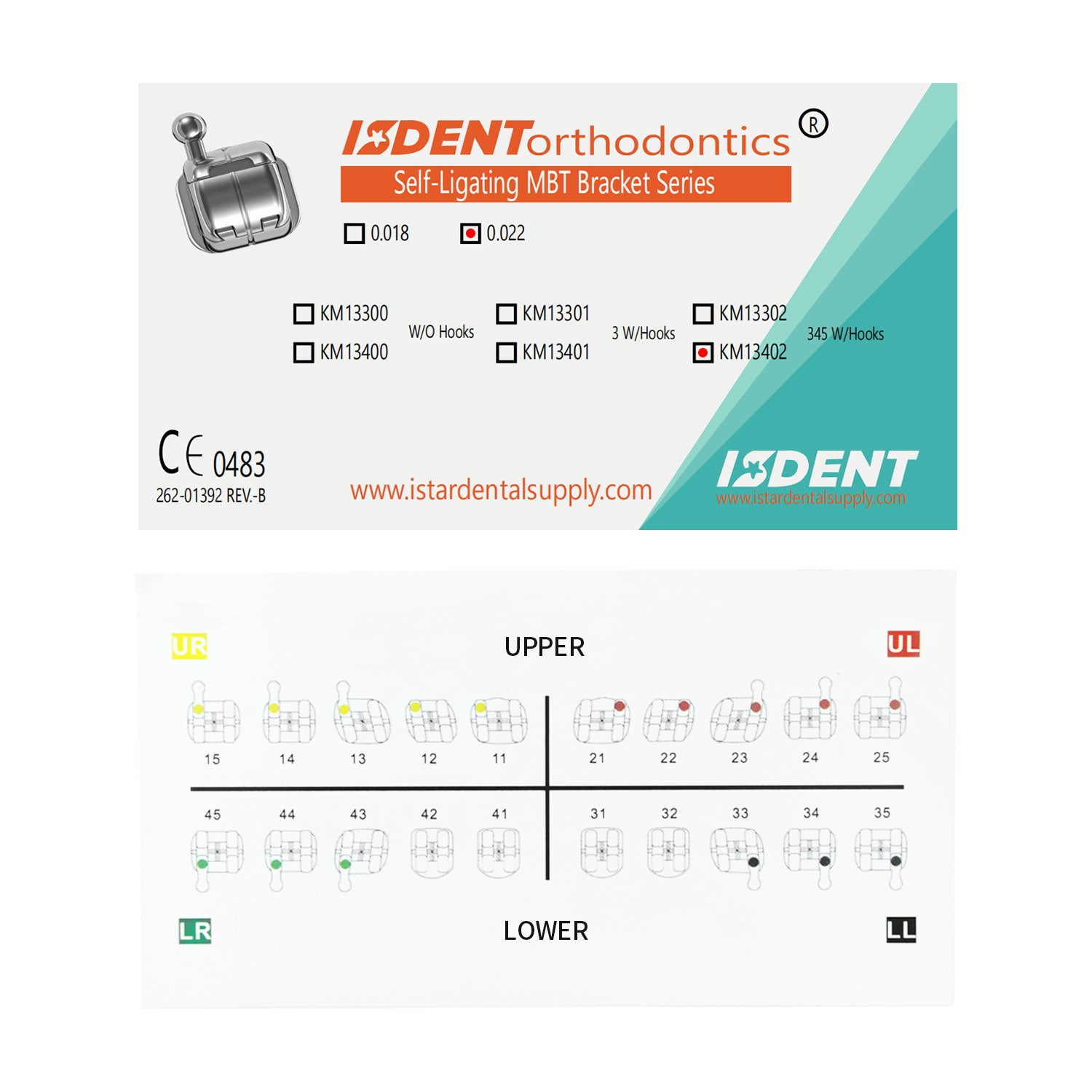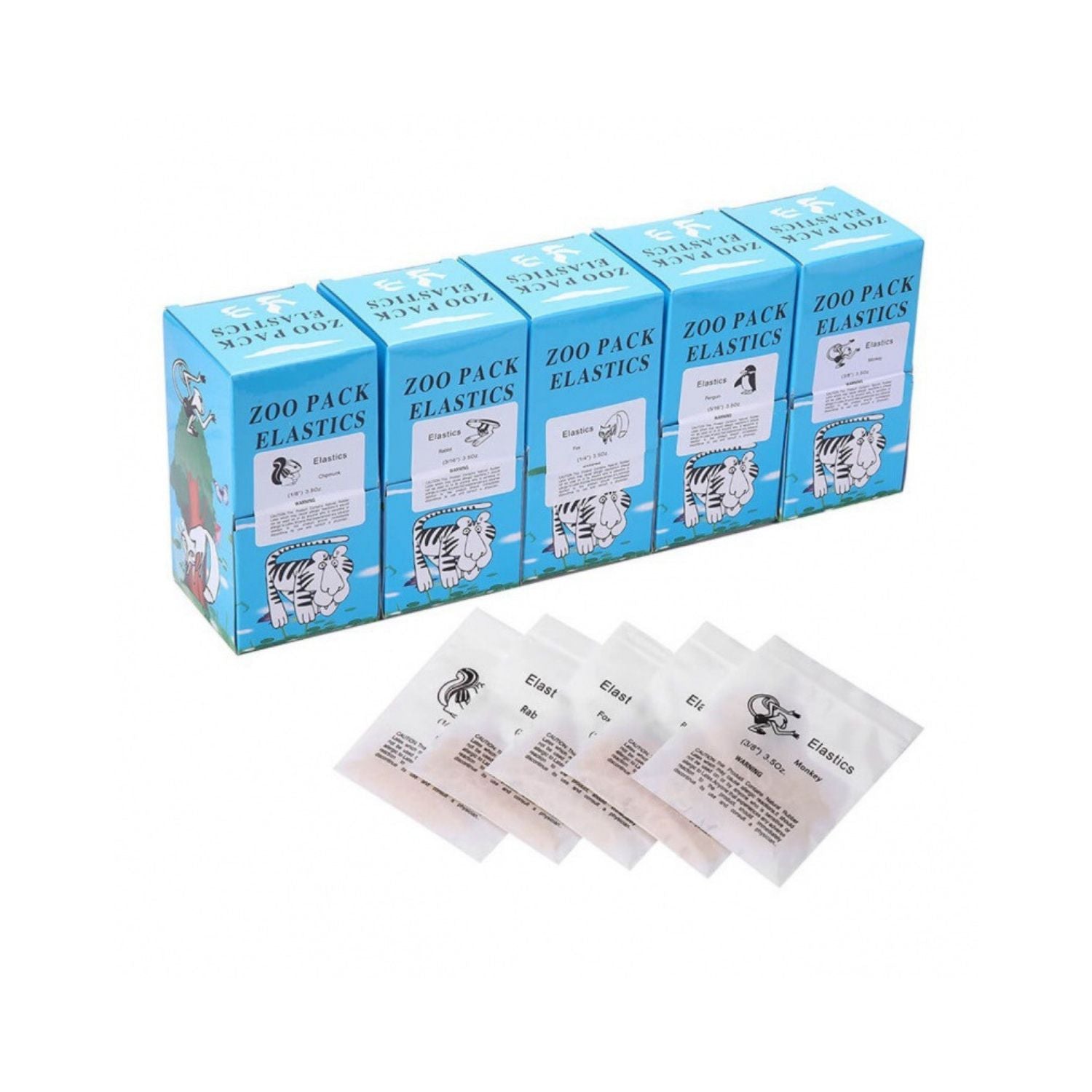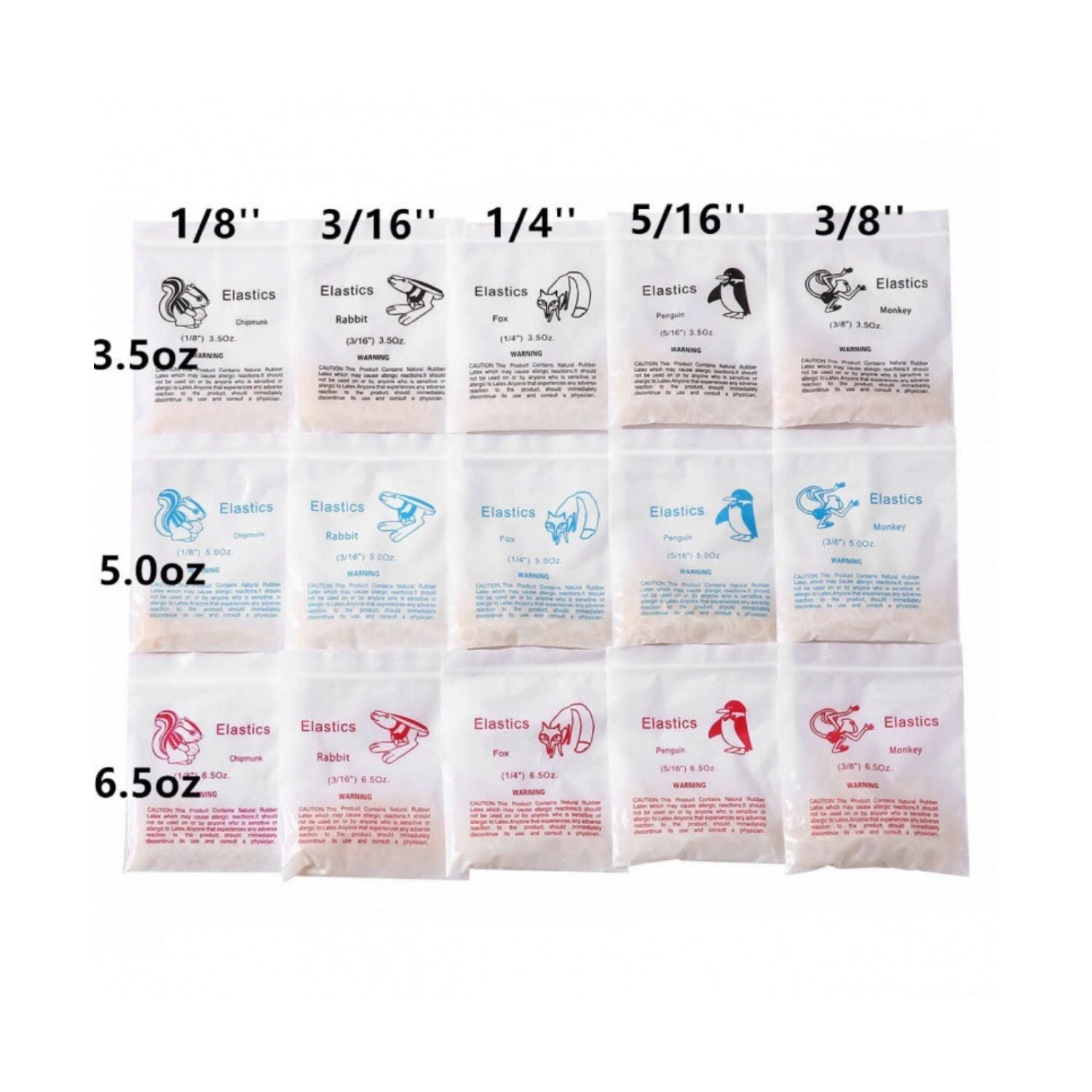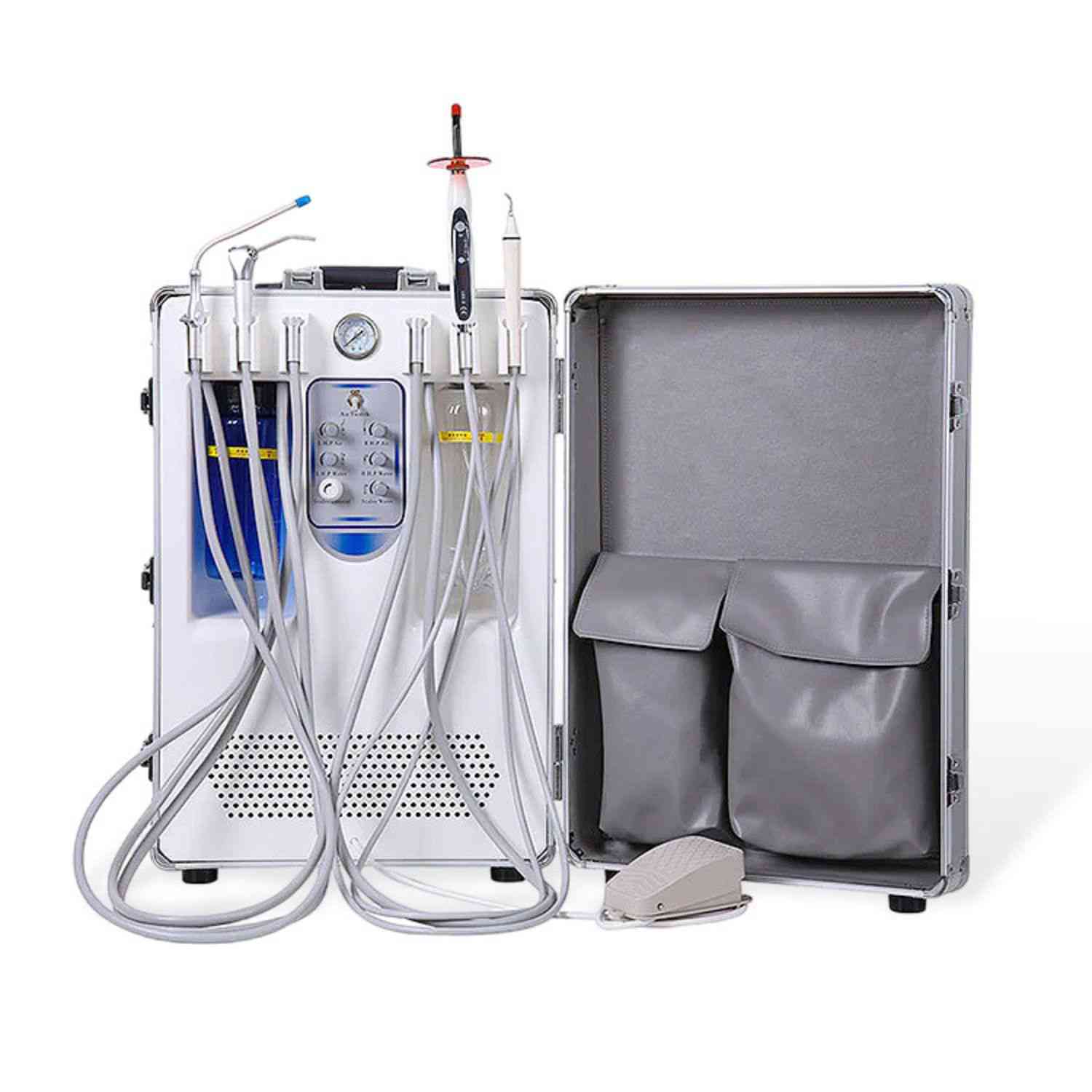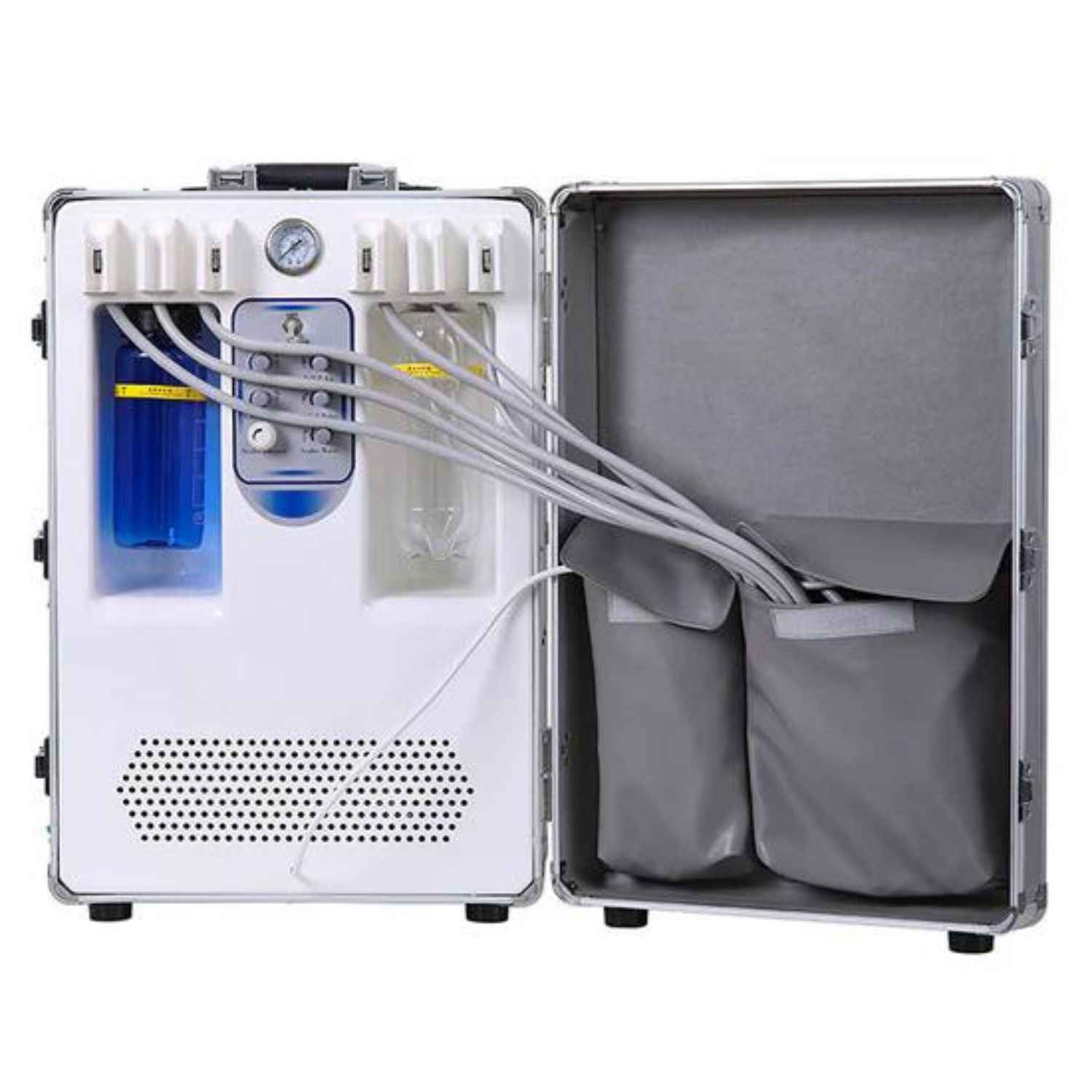Everything You Need to Know About Denture Relines and Rebases
Dentures are a lifeline for many, restoring not just smiles but also the ability to speak and eat comfortably. However, as time passes, the fit of your dentures may change, leading to discomfort or difficulties in daily activities. This is where denture relines and dentures rebasing come into play. In this comprehensive guide, we'll explore what denture relining and rebasing entail, why they're essential, and how they can significantly improve the comfort and functionality of your dentures. Whether you're a denture wearer or a dental professional, understanding these processes is crucial for optimal denture care.
What Is a Denture Reline?
A denture reline involves adding new base material to the tissue side of the denture to ensure a snug fit against your gums. Over time, the gums and bone structure in the mouth change, causing dentures to become loose. Relining adjusts the denture base to the current shape of your mouth without altering the denture teeth that are in good condition.
Types of Denture Relines
There are two primary types of denture relines:
- Soft Reline: This involves using a softer, pliable material to reline the denture, providing a cushioning effect for sensitive gums.
- Hard Reline: Utilizes hard acrylic material similar to the original denture base, offering a more durable solution.
Note: For high-quality dental equipment used in denture relines, visit our Dental Equipment collection.
Why Do Dentures Need Relining?
Wearing dentures for extended periods can lead to changes in the gum tissue and bone structure due to resorption. This process makes the gums shrink, resulting in ill-fitting dentures that may cause sore spots or instability. A denture reline is an attempt to adapt the inside of the denture to the current shape of your gums, enhancing comfort and functionality.
Understanding Denture Rebasing
Denture rebasing involves replacing the entire acrylic denture base material without changing the arrangement of the denture teeth. This process is ideal when the denture base is worn out or damaged, but the teeth are still in good condition.
When Is Denture Rebasing Necessary?
Consider denture rebasing if:
- The denture base material is cracked or weakened.
- The denture is broken, but the denture teeth are in good condition.
- You desire to replace the old acrylic base with a new one for hygiene reasons.
**Enhance your practice with quality Dental Handpieces from ISTAR Dental Supply.
What's the Difference Between Denture Relining and Rebasing?
While both processes aim to improve the fit of dentures, they differ in scope:
- Relining: Adjusts the existing denture base by adding new material to the tissue side.
- Rebasing: Replaces the entire denture base with new material, retaining only the existing denture teeth.
Understanding the difference helps in determining the best option for restoring the functionality and comfort of your dentures.

How Is a Denture Reline Performed?
The denture reline procedure typically involves:
- Impression Taking: Your dentist takes an impression of your mouth using an impression material inside your existing denture.
- Lab Work: The denture, along with the impression, is sent to a dental lab.
- Processing: A lab technician adjusts the denture by adding new acrylic material to the tissue side, ensuring a snug fit.
- Finishing: The relined denture is polished and returned to you, fitting more comfortably in your mouth.
**Upgrade your dental lab with our Dental X-Ray Machines for precise diagnostics.
The Role of Dental Labs in Denture Relines and Rebases
Dental laboratories play a crucial role in the relining and rebasing processes. Skilled technicians work meticulously to adjust or recreate the denture base, ensuring that the existing dentures fit perfectly. They use precise techniques to border mold the denture, enhancing its stability and comfort.
**Interested in advanced dental technology? Check out our Intraoral Cameras for enhanced patient care.
The Benefits of Soft Denture Relines
A soft denture reline offers several advantages:
- Comfort: The soft material cushions sensitive gums, making wearing dentures more comfortable.
- Adaptability: Especially beneficial for those with tender gums or who have experienced rapid gum resorption.
- Temporary Solution: Can be used as an interim measure before a new denture is made.
When Should You Consider Denture Rebasing?
Rebasing is appropriate when:
- The denture acrylic base is significantly worn or damaged.
- Replacing the denture base material is necessary for hygiene.
- You prefer not to alter the teeth arrangement but need a sturdier base.
**Maintain a clean environment with our Dental Sterilization Equipment.
Maintaining the Fit of Your Dentures
Regular maintenance is key to ensuring the stability of your dentures. Here's what you can do:
- Regular Check-ups: Visit your denture clinic or dentist regularly to assess the fit and condition of your dentures.
- Proper Cleaning: Maintain good denture care by cleaning them daily to prevent bacterial buildup.
- Monitor Changes: Be alert to any discomfort or looseness, which may indicate the need for a reline or rebase.
Denture Care Tips for Long-Lasting Comfort
To keep your dentures in optimal condition:
- Handle with Care: Avoid dropping your dentures as they can crack.
- Daily Cleaning: Use a gentle brush and non-abrasive cleaner.
- Soak Overnight: Keep your dentures moist to maintain their shape.
- Regular Adjustments: Relining or rebasing the denture is part of routine denture maintenance.
**Enhance patient comfort with our ergonomic Dental Chairs.
How Do Relines and Rebases Impact Denture Fit?
Both procedures significantly impact the fit of dentures:
- Relines provide a better suction fit by adjusting the tissue surface.
- Rebases offer a sturdier base when the original has deteriorated.
These adjustments make dentures more comfortable, improving your overall oral health.
The Importance of Professional Dental Lab Services
Partnering with a professional dental lab ensures:
- Quality Materials: High-grade acrylic denture base materials are used.
- Expertise: Skilled technicians with experience in denture relines and rebases.
- Customization: Tailored solutions for ill-fitting dentures.
At Istar Dental Lab, they provide exceptional denture services to enhance your denture foundation.

FAQs
1. How often should I have my dentures relined?
It's generally recommended to have a denture reline every two years to maintain optimal fit and comfort.
2. Can I perform a denture reline at home?
While over-the-counter kits are available, a professional reline at a dental lab ensures better results and safety.
3. What's the difference between a soft and hard denture reline?
A soft reline uses pliable material for comfort, while a hard reline uses acrylic similar to your denture base for durability.
4. Is denture rebasing more expensive than relining?
Yes, rebasing is typically more costly due to the extensive work of replacing the entire denture base.
5. How do I know if I need a reline or a rebase?
Consult your dentist. If your denture teeth are in good condition but the base is damaged, a rebase may be necessary.
6. Can relining fix a broken denture?
No, a broken denture may require rebasing or replacement. Relining or rebasing is meant to adjust fit, not repair fractures.
Summary
- Denture relines and rebases are essential for maintaining the fit and comfort of your dentures.
- Regular check-ups and proper denture care prolong the life of your dentures.
- Partnering with professional dental lab services like Istar Dental Lab ensures high-quality results.
Remember, maintaining your dentures is key to a confident smile and comfortable daily living. If you have any questions or need assistance with denture relining vs rebasing, don't hesitate to reach out to us.

